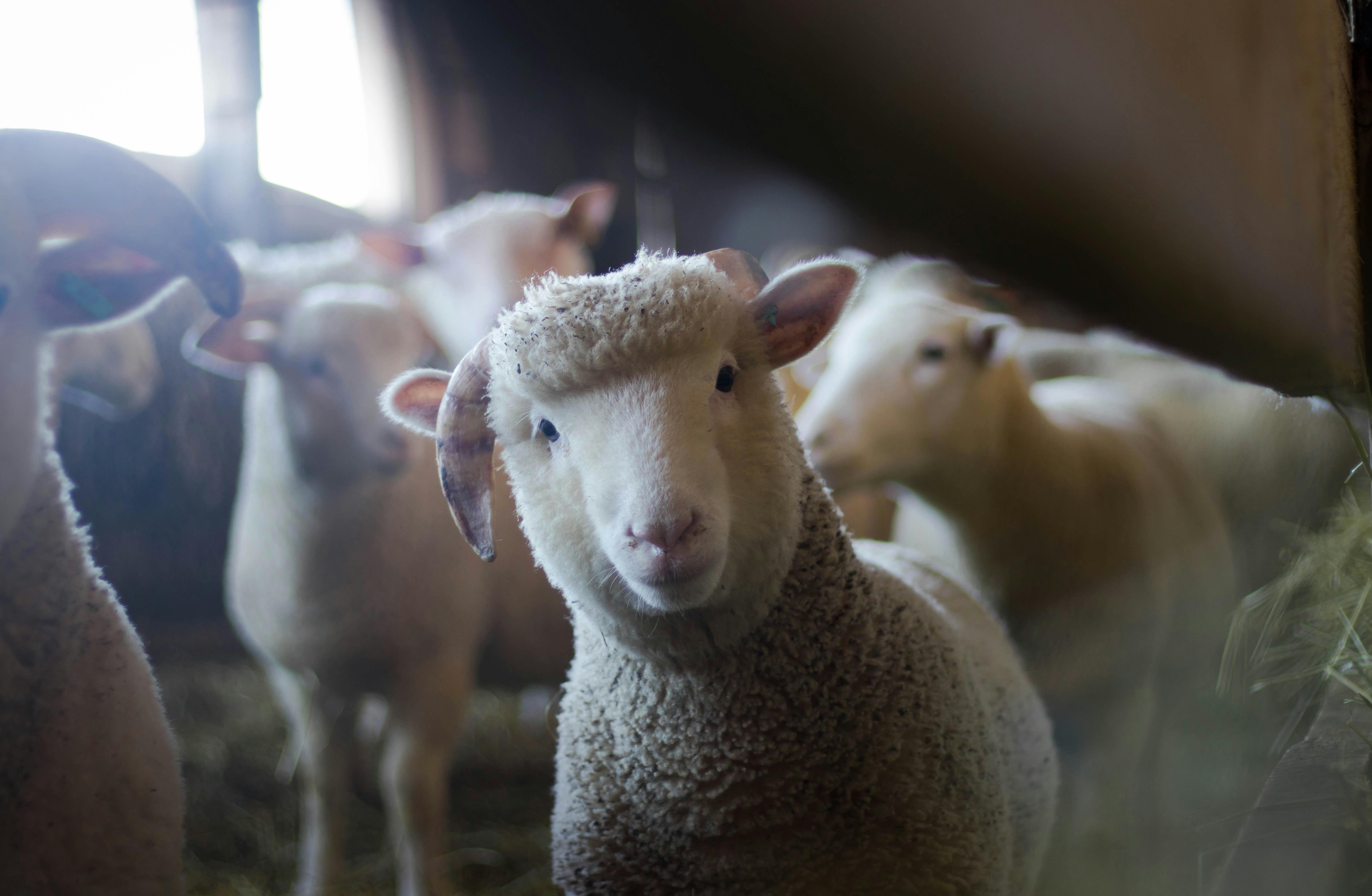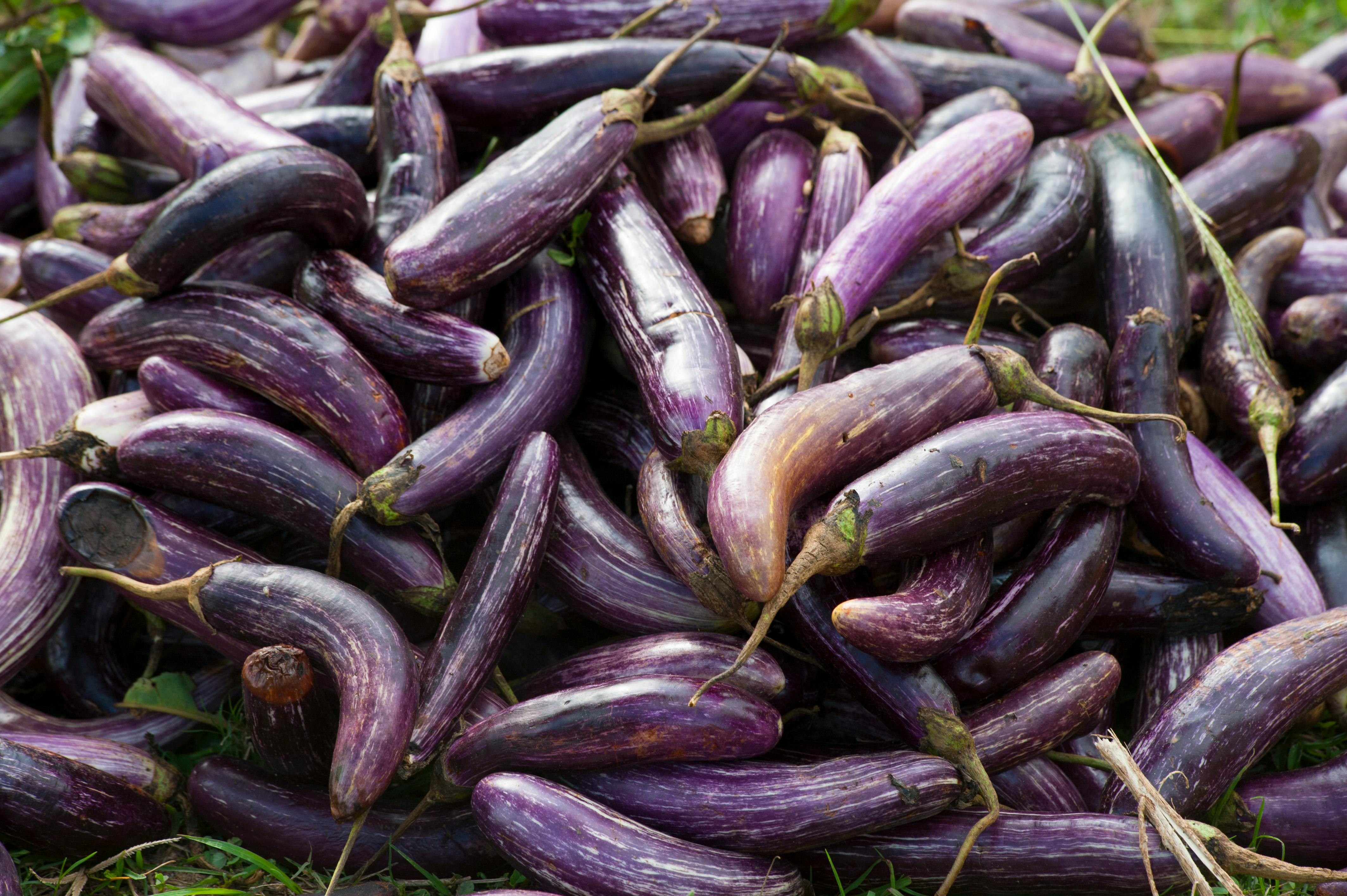
Complete Guide to Cattle Farming in European Countries (2025-2026)
This comprehensive guide covers everything you need to know about establishing and operating a cattle farm in European countries, along with updated visa requirements for agricultural workers in 2025-2026. Whether you're interested in dairy farming, beef production, or organic livestock, this article provides the latest regulations, best practices, and immigration procedures.
Key Highlights:
- Updated visa and work permit requirements for agricultural workers in EU countries
- Country-by-country breakdown of cattle farming regulations
- Best practices for sustainable livestock farming in Europe
- Financial incentives and subsidies available to farmers
- Step-by-step guide to establishing your farming business
- 1. Overview of European Cattle Farming Industry
- 2. Visa and Work Permit Requirements by Country
- 3. Top European Countries for Cattle Farming
- 4. Setting Up Your Cattle Farm: Step-by-Step
- 5. Sustainable Practices in European Livestock Farming
- 6. Financial Aspects and EU Subsidies
- 7. Challenges and Solutions
- 8. Future Trends (2025-2026 Projections)
1. Overview of European Cattle Farming Industry

The European cattle farming industry represents one of the most advanced and regulated agricultural sectors in the world. With strict quality controls, animal welfare standards, and environmental regulations, European livestock farming has become a model for sustainable agriculture.
1.1 Current Market Status (2025)
As of 2025, the European Union is home to approximately [X] million cattle across its member states. The industry has seen [X]% growth since 2020, with particular expansion in organic and pasture-based systems.
| Country | Cattle Population | Primary Production | Growth Rate (2020-2025) |
|---|---|---|---|
| France | 18.7 million | Dairy, Beef | 2.3% |
| Germany | 11.9 million | Dairy | 1.8% |
| Ireland | 7.2 million | Beef, Dairy | 4.1% |
| Poland | 6.3 million | Dairy | 3.5% |
| Spain | 6.1 million | Beef | 2.7% |
2. Visa and Work Permit Requirements by Country
Important: Visa requirements for agricultural workers vary significantly between European countries. Below you'll find the most up-to-date information for 2025-2026.
2.1 Germany
Germany offers several visa options for agricultural workers, particularly for skilled farm managers and dairy specialists.
Visa Types:
- EU Blue Card: For qualified professionals with a job offer earning at least €45,300 (lower threshold for shortage occupations)
- Skilled Worker Visa: For vocational-trained agricultural specialists
- Seasonal Worker Visa: Temporary permits for 6-9 months
Requirements:
- Recognized agricultural qualification
- Job offer from a German farm
- Basic German language skills (A2 level for most positions)
- Health insurance coverage
2.2 France
France has specific programs to attract agricultural workers, especially to rural areas.



8. Future Trends (2025-2026 Projections)
The European cattle farming industry is expected to undergo significant changes in the coming years...
8.1 Technological Advancements
Precision livestock farming technologies are becoming increasingly common...
8.2 Policy Changes
The EU's Common Agricultural Policy (CAP) reforms will introduce new requirements...

0 Comments